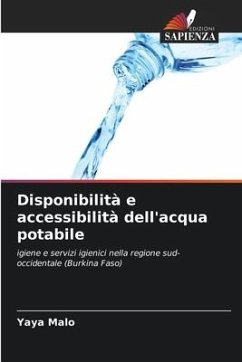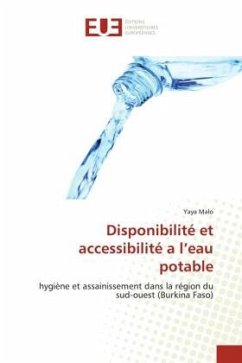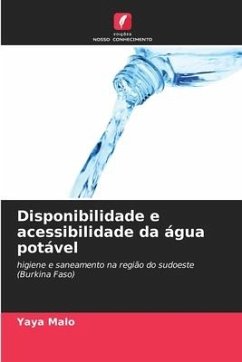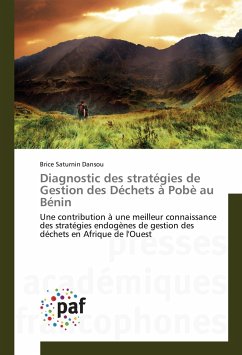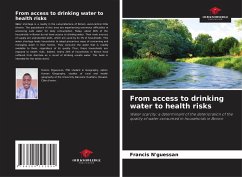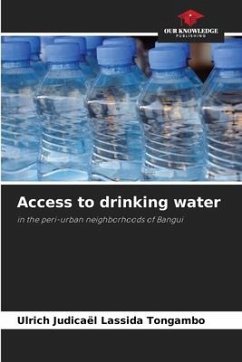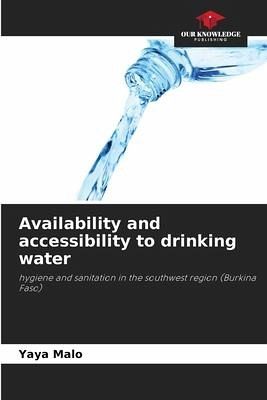
Availability and accessibility to drinking water
hygiene and sanitation in the southwest region (Burkina Faso)
Versandkostenfrei!
Versandfertig in 6-10 Tagen
45,99 €
inkl. MwSt.

PAYBACK Punkte
23 °P sammeln!
Poor access to drinking water and sanitation hinders a country's development on both an economic and human level. Third World countries in general and those of Sub-Saharan Africa (SSA) in particular are confronted with problems of drinking water, hygiene and sanitation. According to the 2006 report of the United Nations Development Program (UNDP), the lack of water and sanitation leads to 1.8 million child deaths due to diarrhea per year in Sub-Saharan Africa.Burkina Faso, like other SSA countries, faces serious problems in this area, both in urban and rural areas. In the specific case of rura...
Poor access to drinking water and sanitation hinders a country's development on both an economic and human level. Third World countries in general and those of Sub-Saharan Africa (SSA) in particular are confronted with problems of drinking water, hygiene and sanitation. According to the 2006 report of the United Nations Development Program (UNDP), the lack of water and sanitation leads to 1.8 million child deaths due to diarrhea per year in Sub-Saharan Africa.Burkina Faso, like other SSA countries, faces serious problems in this area, both in urban and rural areas. In the specific case of rural areas, this problem is accentuated by the notorious lack of infrastructure for drinking water, hygiene, sanitation and awareness. There is therefore an insufficiency and unequal distribution of drinking water, hygiene and sanitation infrastructures in the South-West region. This study aims to highlight the factors that explain the problem of access to drinking water, hygiene and sanitationin this part of the country.






